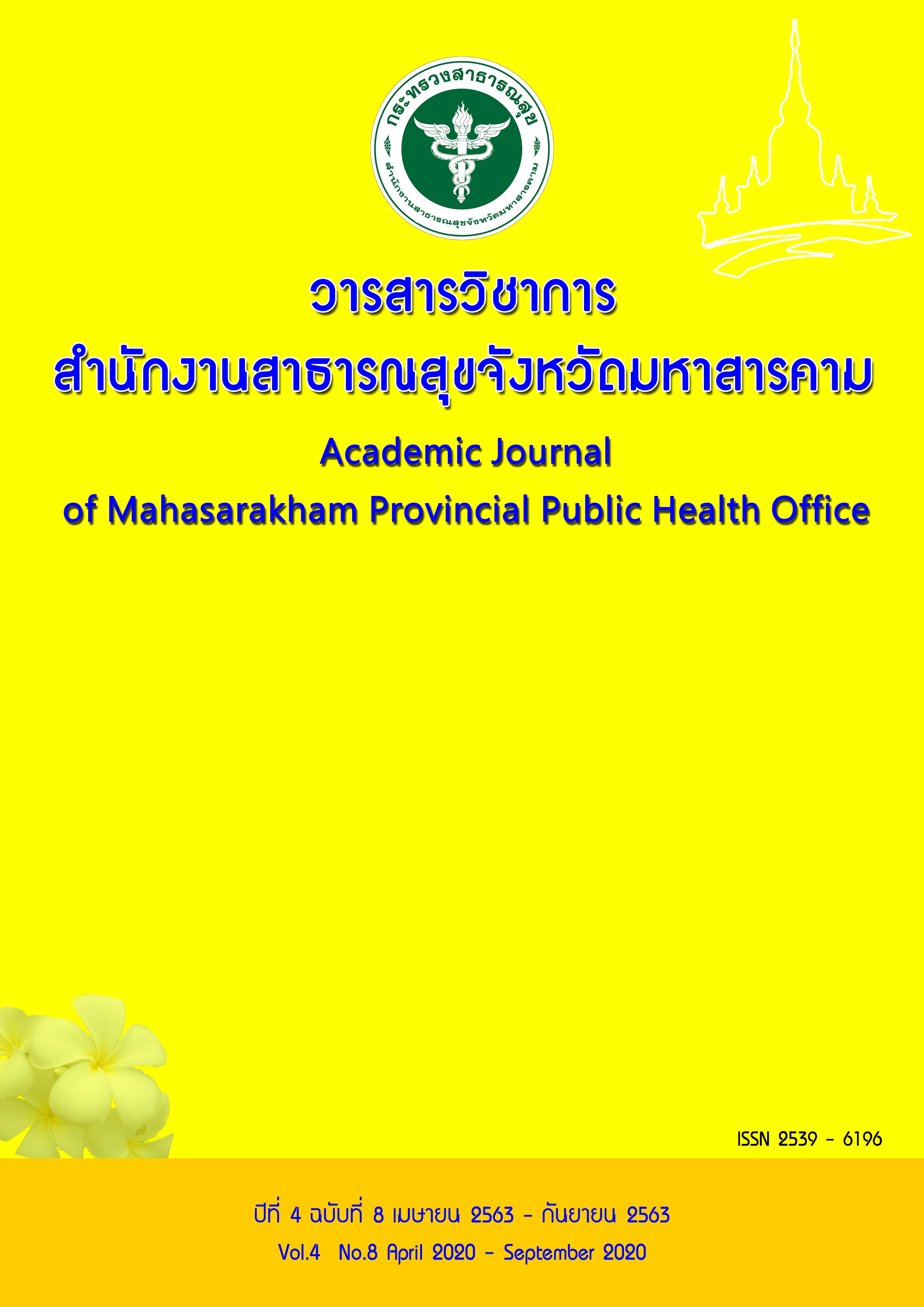Effects of Child Caregivers’ Self-Efficacy Enhancement Program for Promoting Child Complementary Feeding Practice on Infants’ Nutrition Status
Abstract
Abstract
This quasi-experimental study aimed to examine the effects of child caregivers’ self-efficacy enhancement for promoting child complementary feeding practice (CCFP) program on infants’ nutrition status (INS). Participants included one hundred child caregivers and their infants who received care at the primary health care center. Fifty caregiver-infant and their infants were randomly assigned to the control and intervention groups. Research Instrument consisted of the child caregivers’ self-efficacy enhancement in promoting child complementary feeding practice program, the CCFP questionnaire, and the INS record. Descriptive statistics and t-test were used to analyze data.
Findings found the mean scores of CCFP in the intervention group (Mean = 12.52, SD = 3.00) was significantly higher than those in the control group (Mean = 8.84, SD = 2.72, p < .001). In terms of INS at the end of the program, infant participants in the intervention group had significant lower body weight (Mean = 8.81, SD = 1.00), compared to those in the control group (Mean = 9.56, SD = 0.73, p = 0.004). However, there were no differences between the groups in terms of the mean scores of infant lengths (p>0.05) Therefore, this program should be implemented for providing healthcare services in order to enhance caregivers' confidence in providing complementary food for children. To test the effectiveness of the program, an experiment study should be conducted to monitor weight and height changes in 6 to 12 months duration.
Keywords: Self-efficacy, complementary feeding practice, nutrition status, infant


